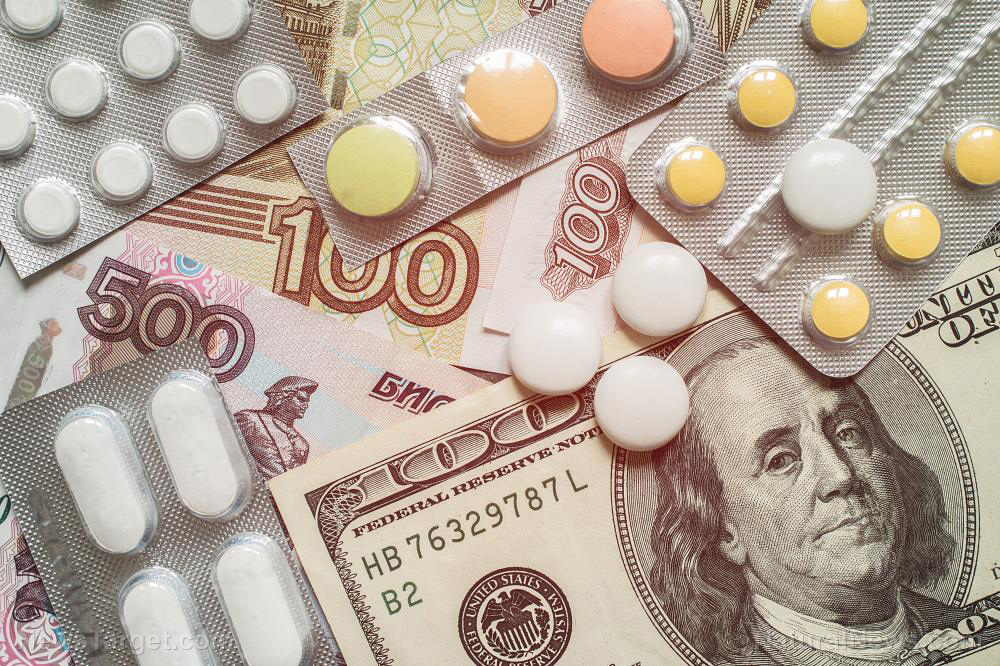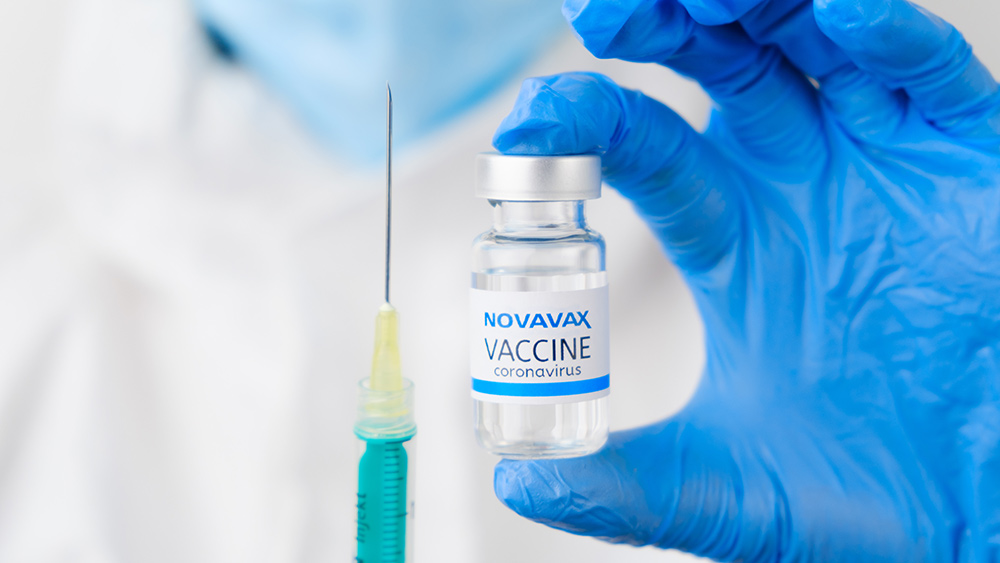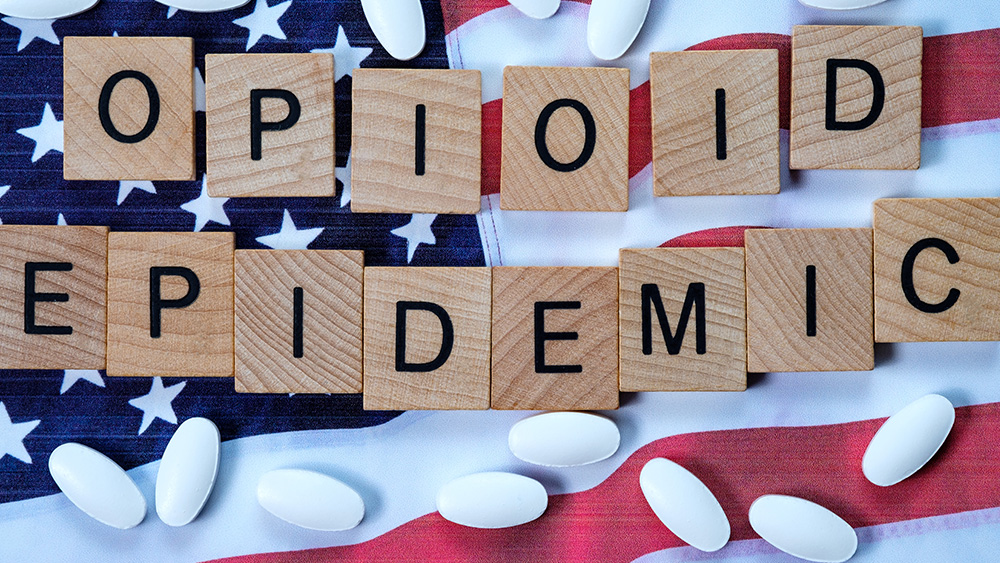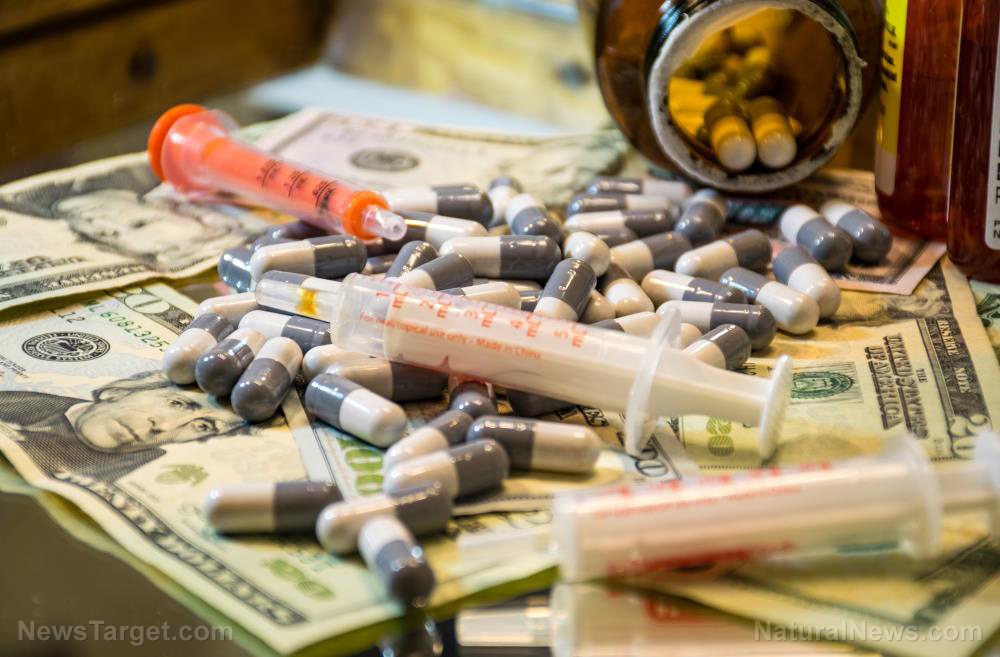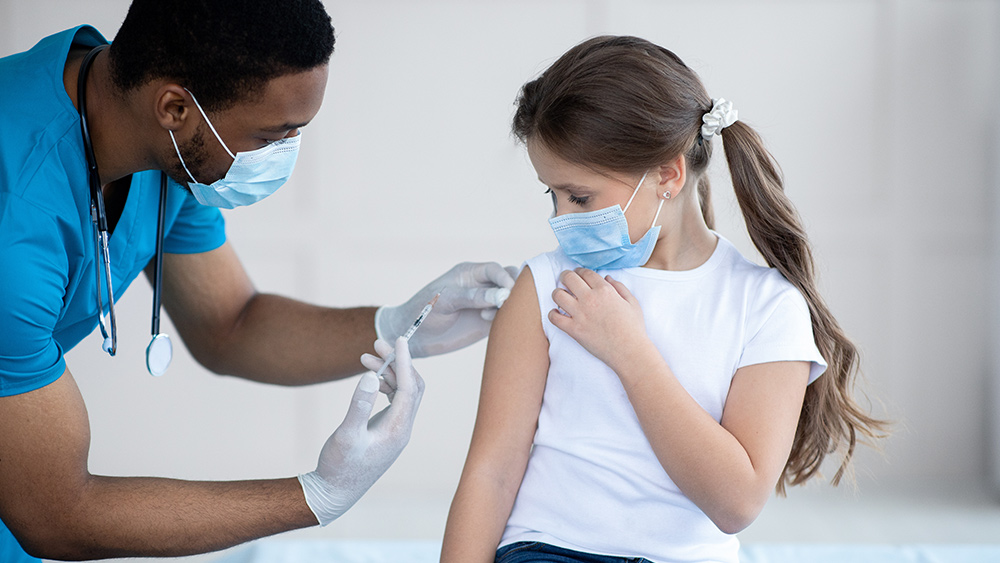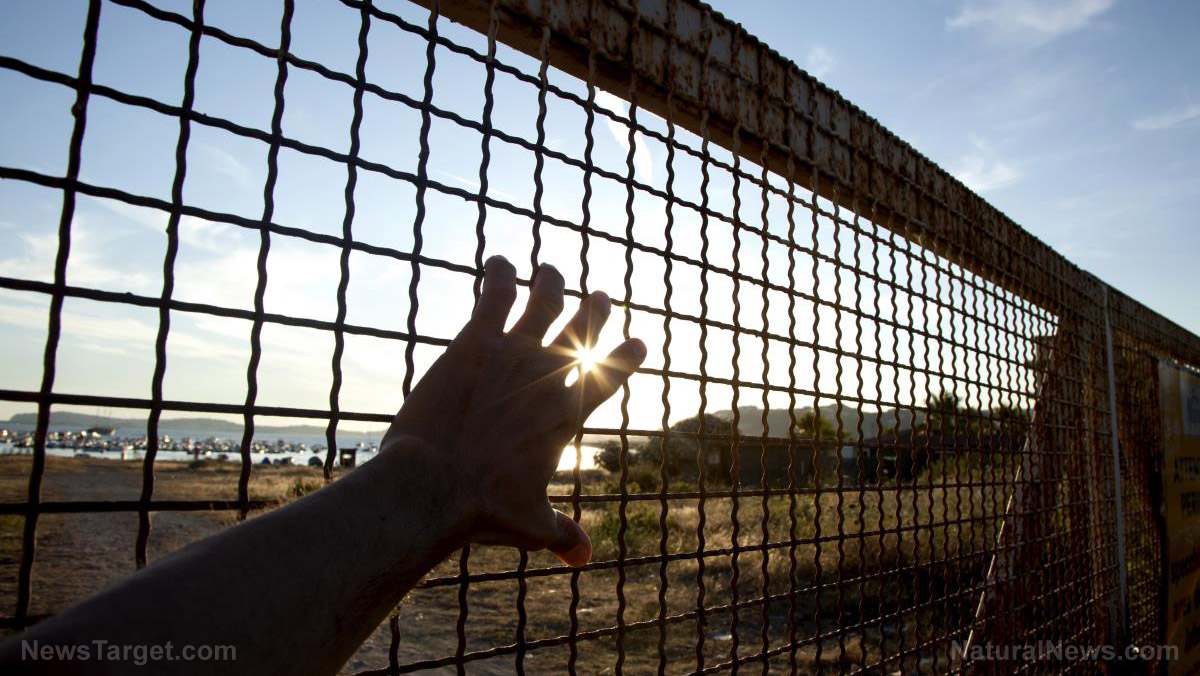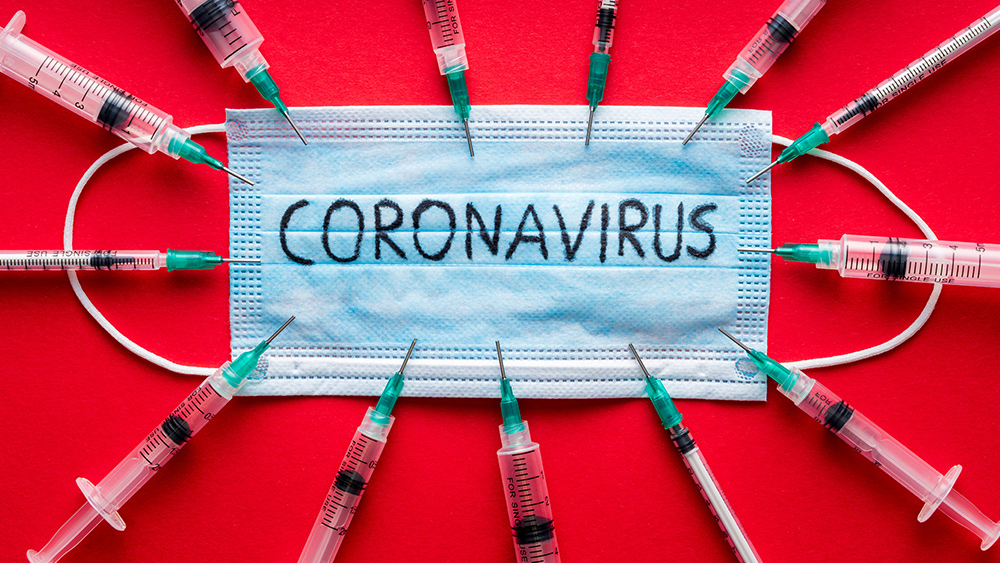Big Pharma companies begin push for coronavirus booster shots, with no end in sight
04/20/2021 / By Nolan Barton

Two shots may not be enough for those who received the Pfizer-BioNTech and Moderna coronavirus (COVID-19) vaccines. Pfizer CEO Albert Bourla said people who’ve gotten both doses of the Pfizer-BioNTech jab would likely need a third shot within 12 months and might need an annual shot thereafter.
“There are vaccines … like polio that one dose is enough, there are vaccines like pneumococcal vaccine that one dose is enough for adults, and there are vaccines like flu that you need every year,” Bourla said. “The COVID virus looks more like the influenza virus than the polio virus.”
Earlier this month, Pfizer said studies showed its vaccine was 93.1 percent effective six months after the second dose. Meanwhile, Moderna said studies showed that its vaccine had 90 percent effectiveness over the same period following the last of two doses. (Related: Pfizer’s experimental mRNA vaccine takes out famous CNN legal analyst who celebrated the jab.)
Pfizer and BioNTech test third dose of COVID-19 vaccine
Pfizer and BioNTech said on Thursday, April 15, that they were testing a third dose of their COVID-19 vaccine to better understand the immune response against new variants of the virus. As a second arm of the same study, they wanted to test a vaccine modified to protect specifically against the highly transmissible new variant known as B.1.351.
The companies believe their current two-dose vaccine will work against the South African variant as well as the one first found in the United Kingdom. But the studies will allow the vaccine makers to be prepared if and when more protection is necessary, the companies said.
“The rate of mutations in the current virus is higher than expected,” Pfizer Chief Scientific Officer Mikael Dolsten said. “It’s a reasonable probability that we would end up with regular boosts. And for potent vaccines, it may be that you need to do a strain change every few years, but not necessarily every year.”
In the first stage of the first arm of the study, a third 30 microgram dose will be given to as many as 144 people who received the vaccine 6 to 12 months ago in the original Phase I safety trial. A redesigned vaccine will also be tested as a booster dose in people who have been vaccinated and also in people who have not yet received the vaccine.
The trial seeks to determine the safety of a third dose, measure the antibody response and study whether blood from recipients can neutralize the new variants.
According to government data, the U.S. discovered its first case of the South African variant in January and it has been detected in 14 states since. Several studies suggest it is more resistant to existing vaccines than other variants of the coronavirus.
Dolsten said that mRNA vaccines create a potent response, but the immune response may wane over time. He believes that a third dose of their vaccine will create a similar or better response than a second dose.
Moderna works with government scientists to study experimental booster shot
Moderna is also working with U.S. government scientists to study an experimental booster shot that targets the variant first found in South Africa.
A top Moderna executive said the U.S. is in a good position to move into booster shots because of its vaccine rollout. “It is likely that the countries that have already achieved high vaccine coverage are going to be ready to shift their focus to boosters in 2022 and possibly even starting at the end of this year,” said Corinne Le Goff, Moderna’s chief commercial officer.
Moderna CEO Stéphane Bancel made similar comments to Business Insider.
“I hope this summer to get the vaccine authorized for a boost so that we can help people getting boosted before the Fall so that we all have a normal fall and not a fall and winter like we just saw in the last six months,” he said.
Long-term safety is not guaranteed with COVID-19 shots
There may another explanation why two shots of Pfizer and Moderna are not enough.
Unlike typical vaccines, which use an antigen of the disease you are trying to prevent, the Pfizer and Moderna COVID-19 shots contain synthetic RNA fragments encapsulated in a nano lipid carrier compound, which lessen clinical symptoms associated with the S-1 spike protein, not the actual virus.
“What we have right now is an experimental biological gene therapy immunomodulatory injection,” said Dr. Ryan Cole, CEO and medical director of Cole Diagnostics, one of the largest independent laboratories in Idaho.
Reports suggest that the Pfizer and Moderna COVID-19 shots do not actually impart immunity or inhibit the transmissibility of the disease and that they are not designed to keep people from getting sick with SARS-CoV-2, the virus that causes COVID-19.
“We are injecting people with a synthetic sequence of nucleic acid. We have never done this on a large scale in human history,” Dr. Cole said, adding that the mRNA vaccine is “unproven” and that the “long-term safety isn’t there.” (Related: Researchers WARN: mRNA injections may permanently alter human DNA.)
All sides seemed to agree that long-term safety isn’t guaranteed with the COVID-19 vaccines.
Johnson & Johnson CEO Alex Gorsky told CNBC in February that people may need to get vaccinated against COVID-19 annually, just like seasonal flu shots.
Dr. David Kessler of the Biden administration’s COVID response team told a congressional committee on April 15 that Americans should expect to receive booster shots to protect against coronavirus variants.
“We don’t know everything at this moment,” he told the House Select Subcommittee on the Coronavirus Crisis.
“We are studying the durability of the antibody response,” he said. “It seems strong but there is some waning of that and no doubt the variants challenge … they make these vaccines work harder. So I think for planning purposes, planning purposes only, I think we should expect that we may have to boost.”
Follow Immunization.news for more news and information related to coronavirus vaccines.
Sources include:
Tagged Under: antibody response, bad medicine, Big Pharma, booster shot, coronavirus, COVID response team, covid-19, COVID-19 vaccine, immune response, immunity, mRNA, pandemic, SARS-CoV-2, transmissibility
RECENT NEWS & ARTICLES
COPYRIGHT © 2017 DRUG CARTELS NEWS








